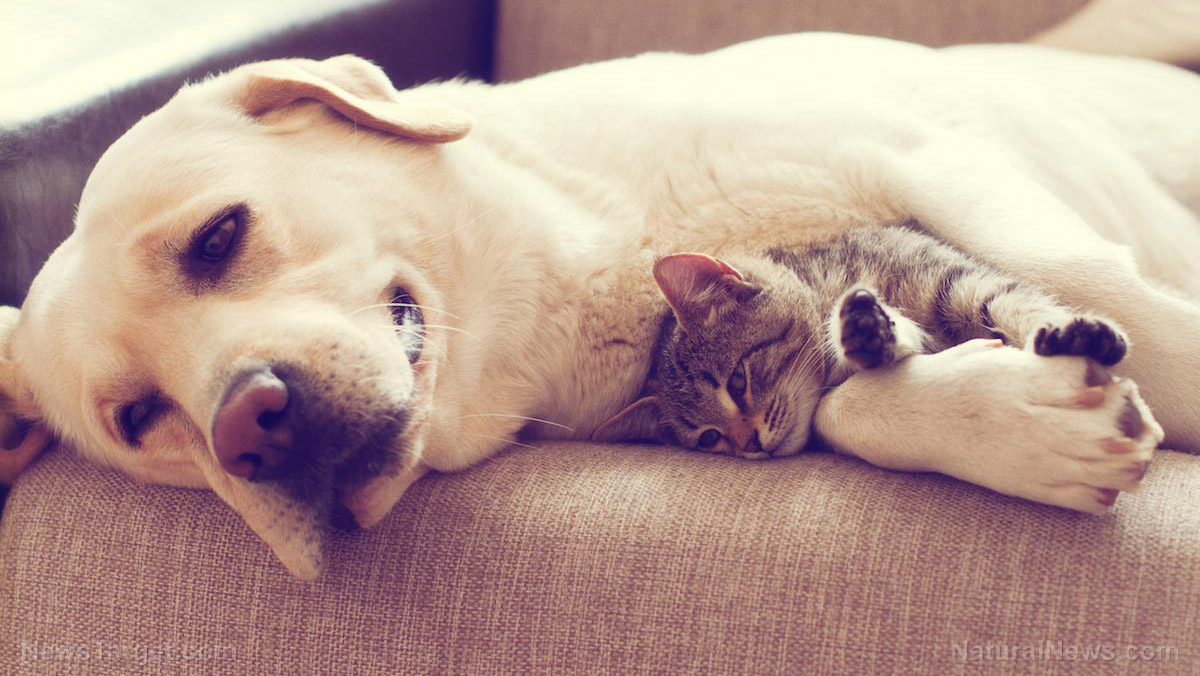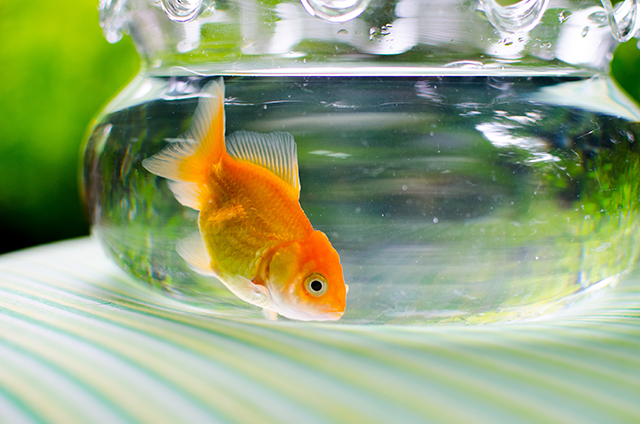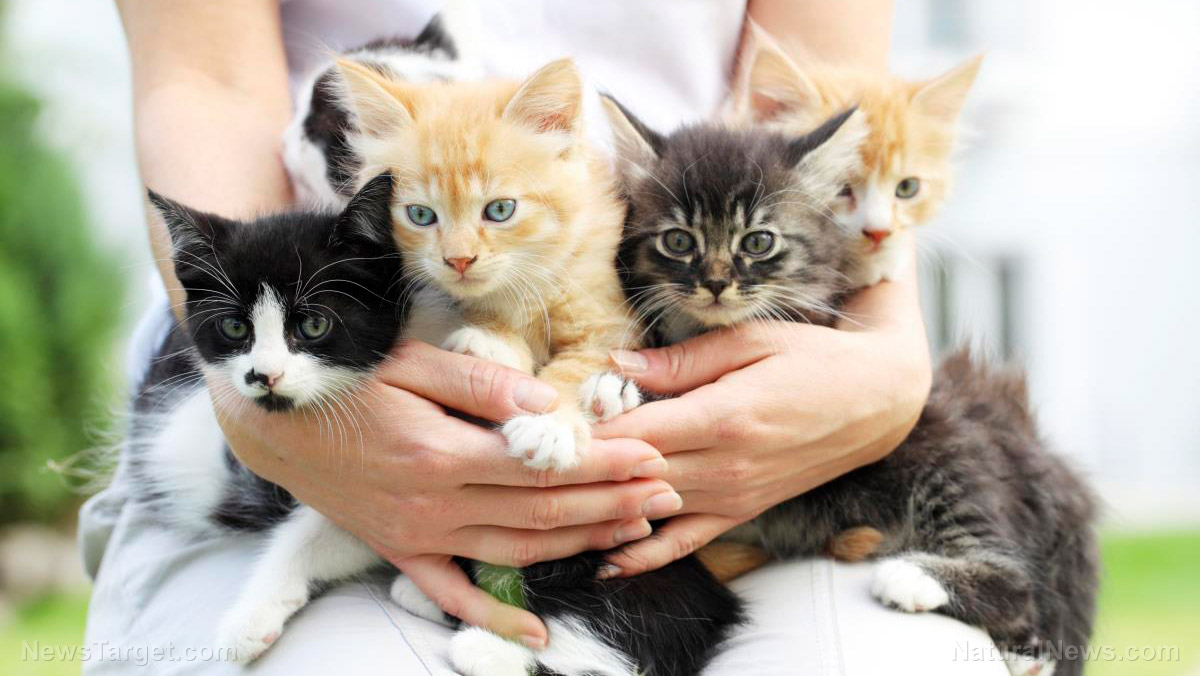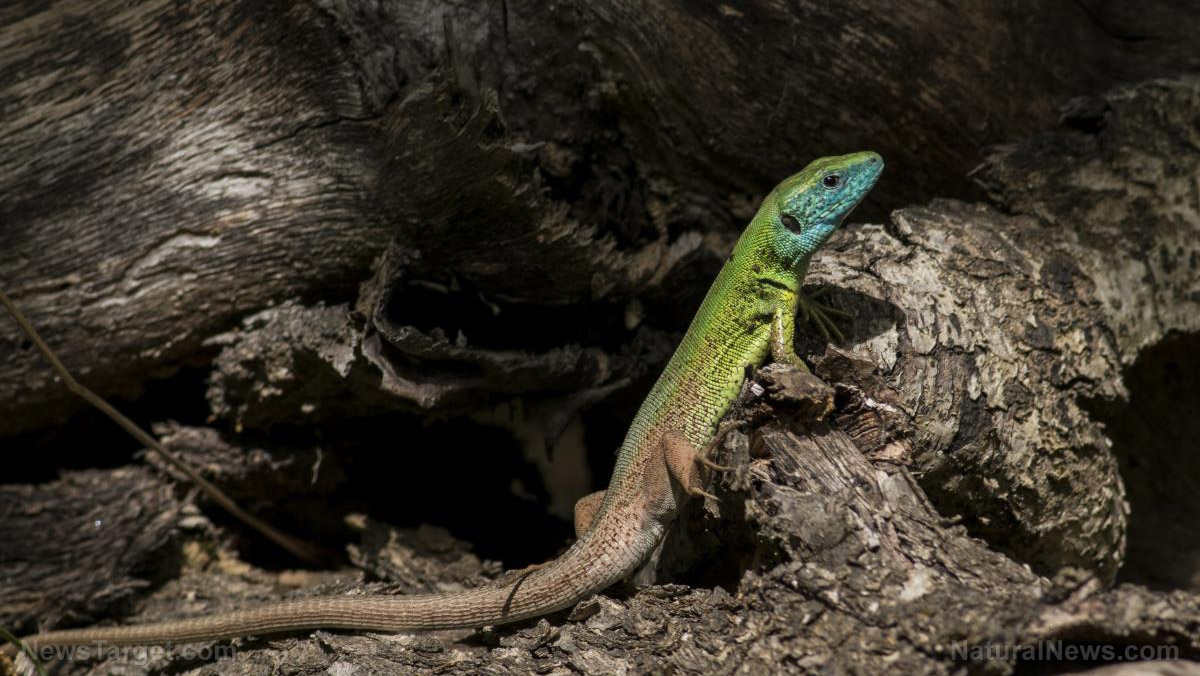Millennial women are opting out of babies, raising pets instead of children
03/18/2017 / By Cassie B.

Having children can be one of life’s greatest joys. Raising them might be hectic at times, but it is also very rewarding. The decision of whether or not to have children can be quite personal, and there are a number of reasons that couples who are able to conceive might nevertheless decide to forego expanding their family, with financial considerations being one common explanation. However, a new rise in young couples making a conscious decision to go child-free seems to be the result of the general self-centeredness that characterizes the millennial generation.
While millennials, or those born between 1980 and 2000, are more environmentally conscious, open-minded, and concerned about clean eating than past generations, they are also known for being prone to selfishness and narcissism. Many of them have a “special snowflake” mentality, and new ways of life associated with this group – like peanut butter bans in schools, transgender bathrooms, suspensions for saying “bless you” when another student sneezes, and bringing “emotional support animals” like turkeys on planes – are not always welcomed by older generations.
Therefore, it is hardly surprising that this group’s trend toward having pets instead of children is garnering a fair amount of criticism. Of course, there is an important distinction to make; while few find fault with the many couples that are unable to have children who find that pets provide excellent companionship, couples who don’t want kids to cramp their lifestyle are a different story.
According to the Centers for Disease Control and Prevention, the number of babies born to women aged 15 to 29 has dropped significantly. At the same time, the ownership of small dogs by women in the millennial generation has risen.
In fact, research from Mintel shows that three fourths of Americans who are in their 30s now have dogs, and slightly more than half have cats. Compare this to the overall population, where just 50 percent have dogs and 35 percent have cats.
San Diego State University Psychology Professor Jean Twenge says that the pets are essentially serving as replacements for children, and she cites the fact that they are less expensive and provide companionship as the driving factors.
The pet food and pet product industries are reaping the benefits as this group is significantly more likely to splurge on their pets than themselves. They are also twice as likely as Baby Boomers to buy their pets special clothing. This is largely due to social media, with many millennials unable to resist the opportunity to “show off” on sites like Facebook and try to get attention and approval from their friends.
Despite being generally intelligent and educated, this group seems to place remaining connected with their peers in higher regard than taking on the responsibility of children or even being able to pay their bills. This was reinforced by a survey by Mobillron that found that 60 percent of millennials actually said they would stop working if their employer instituted a crackdown on social media use at work. For many young people, life revolves around looking cool on Instagram, and having kids in tow can put a damper on that freewheeling lifestyle.
It’s not so much their deliberate choice not to have kids that is troubling. After all, people should be able to make such decisions for themselves. Instead, it is their reasoning that some take issue with. Having a pet is good for your health and well-being, but it is alarming that young people are increasingly skipping having kids in favor of having pets simply because they find it more convenient. While there are certainly plenty of exceptions, the overall self-centered attitude of the millennial generation is raising a lot of questions about exactly what our world will look like in the next few decades.
Sources include:
Submit a correction >>
Tagged Under:
children, millennials, Pets
This article may contain statements that reflect the opinion of the author
RECENT NEWS & ARTICLES
COPYRIGHT © 2017 PET HEALTH DAILY





















